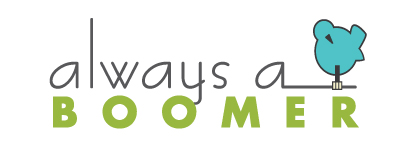She was 19 when her parents divorced. Her father died soon after, the result of a “compassionate accident.”
Questions about the next of kin presented challenges.
His daughter identified his body. There was no Advance Directive, but conversations she had with her father years before helped assure his wish to have his organs donated would be carried out, despite the challenges.
The challenges. No will. No affirmation of appropriate agents. Conflicting accounts of relationships, beneficiaries….
She and her family learned to have the conversation.
Before her grandmother received an advanced cancer diagnosis, she had made sure all her plans and papers were in order. Agents, beneficiaries and others were identified. Her Advance Directive was completed, as was her will. Her grandmother was able to say her good-byes. The family did not have to go through what they had before. No confusion. No questions. Her grandmother died the way she wanted to. Just too young.
Every member of her immediate family has completed their Advance Directive and other end-of-life decisions and have shared them with each other. It’s a process she feels has helped her family grow closer.
“We’ve all discussed what we want in terms of our end-of-life wishes. We share any changes during the holidays, when we are all together from all over! It makes for lively conversation!”
She realizes it can be a difficult subject to approach. In fact, it’s frightening for some. Lots of people feel “it” won’t happen to them, yet people die in accidents all the time. Many receive an unexpected diagnosis. Life is unpredictable.
She was only 19 when her father died unexpectedly.
“We can’t prevent what could happen, but we can make it easier on our loved ones.”
It gives her comfort that if one of her loved ones passes, she knows what they want.
Life is unpredictable. Have the conversation.
For more information, visit www.1life1decision1story.com





